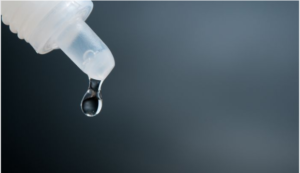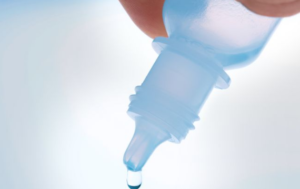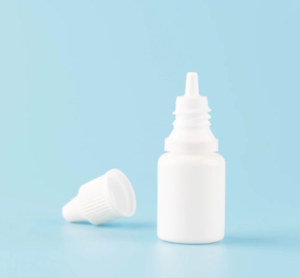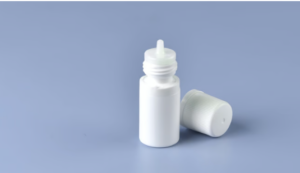In this article we will discuss Eye Drop Recall. Although CDC authorities have also stated that they are still actively looking into the source of bacterial contamination, it is possible that more recalls may be necessary as medical professionals discover more about the patients affected by contaminated eye drops. The CDC noted that “patients reported using more than ten distinct brands of artificial tears, with some patients using numerous brands.”

Continue reading to find out more about a list of eye drop recall brands 2023 that have recently been recalled as well as potential bacterial eye infection symptoms. If additional information regarding current recalls becomes available, it will be added to this article.
Why is it necessary to remember eye drop recall?
The bacteria Pseudomonas aeruginosa is naturally present in the environment, typically in water, soil, and human waste, according to CDC literature. This specific bacterial strain is frequently resistant to antibiotics, making it more dangerous for those with compromised immune systems and those getting medical care in hospitals and clinics.
According to CNN, federal officials have said that eight people have lost their vision as a result of the epidemic, in addition to the three deaths that have been linked to contaminated fda eye drop recall 2023. In order to stop more adverse effects or more extreme symptoms in four further patients, their eyes had to be surgically removed.
Although it is still unknown how this bacterium got into eye drops, it is more likely that artificial tears are contaminated during production and are not sterile when products are packed and made available to the general population.
Cases have so far been reported in 16 states: California, Colorado, Connecticut, Florida, Illinois, Nevada, New Jersey, New Mexico, New York, North Carolina, Pennsylvania, South Dakota, Texas, Utah, Washington, and Wisconsin. Recalls are now being conducted across the country.
Which eye drops recall must I not use?

According to representatives of the Food and Drug Administration (FDA), not all of the recalls for eye drops that are now in effect are specifically related to Pseudomonas aeruginosa. Artificial Tears Lubricant Eye Drops, marketed by EzriCare, and Delsam Pharma, produced by Global Pharma Healthcare, were recalled earlier in February and have been specifically connected to a risk of bacterial infection.
According to CDC representatives, bacterial systane eye drops recall infections can cause a wide range of uncomfortable and painful eye-related symptoms, such as yellow, green, or clear discharge; redness of the eye or eyelid; increased light sensitivity; persistent blurry vision; as well as an unabating inner-eye irritation that feels like an itch. According to published studies, the symptoms brought on by this specific bacterial infection often appear between 12 and 24 hours after the infection.
A comprehensive list of the brands that have recently been recalled
The current Pseudomonas aeruginosa epidemic has been specifically connected to two distinct eye drop products. The 68 recent cases of bacterial infections reported across the U.S. have not yet been connected to three additional recalled eyecare items that officials are now mentioning, which may cause confusion among customers.

The whole list of recalled eye drops is provided below, along with extra information on why federal officials added them to recall lists in the first place:
The CDC reports that in 37 of the 68 instances that have been reported thus far, EzriCare Artificial Tears Lubricant Eye Drops have been identified as a common cause.
Artificial Tears Lubricant Eye Drops from Delsam Pharma: This product, made by Global Pharma Healthcare, is also connected to contemporary bacterial diseases.
Delsam Pharma Artificial refresh eye drops recall Ointment is being recalled despite not being connected to any recent instances as reported by the CDC and being made by the same manufacturer. The reason given is “potential microbiological contamination.” Whilst technically not an eye drop, implicated tubes of ointment (which is used to skin around the eyes) can be found.

The FDA has reported that Teva Pharmaceuticals, the company that makes Clear Eyes Once Daily, Eye Allergy Itch Relief, is recalling specific batches of this well-known eye drop product as a result of a “failed impurities” test, despite the fact that this brand has not been officially linked to any bacterial infection cases being tracked by the CDC.
15% Perfectly Calming MSM Drops: According to an official FDA recall notification, this product has not yet been connected to any Pseudomonas aeruginosa-related illnesses or injuries. This product’s producers have stated that two batches of it might not be sterile. Lot numbers and UPC information may be used to identify these goods, which come in 1oz and.5oz quantities.

